The myth that Punjab was an exception to the general run of colonial underdevelopment and that it was a favoured child of the British Government, was carefully cultivated by colonial officials, concerned about the loyalty of the people of Punjab since it was a major recruitment base for the British Indian army. That the initial success of the Green Revolution occurred in the late 1960s in the Indian province of Punjab further strengthened this notion of exceptionalism, it being wrongly assumed that favourable initial conditions were inherited from the colonial past. The myth has survived at least partly because there has been hardly any research on the agrarian economy of colonial Punjab, particularly in the twentieth century. This book thus fills a crucial gap, being the first comprehensive study of the impact of colonialism on the agriculture of this very important region which, apart from the Pakistani and Indian provinces of Punjab, included the present-day Indian provinces of Haryana and Himachal Pradesh. Making extensive use of data culled from government archives and private papers in India and Britain, as well as from village surveys, farm accounts and family budgets, the author argues that Punjab was by no means an idyllic land of prosperous peasant proprietors. She maintains that it was also the land of big feudal landlords, rack-rented tenants, and struggling small-holders, who were forced to enlist in the army or migrate to enable their families to pay government taxes and to repay debts. Comparing Punjab with its supposed polar-opposite, the eastern region of Bengal and Bihar, Mridula Mukherjee demonstrates that Punjab too had begun to exhibit features typical of colonial underdevelopment, such as stagnation of productive forces, intensification of semi-feudal relations, forced commercialization and lack of capital investment in agriculture. The Green Revolution therefore was not the result of a continuity but actually because of a break with the colonial past. The author’s companion volume in the present series–titled Peasants in India’s Non-Violent Revolution: Practice and Theory–draws upon the Punjab experience to analyse the complexities of peasant politics in a colonial context. This book will be particularly useful for those interested in modern and contemporary history, economics and development studies.
India’s Struggle for Independence
$25.20
$28.00

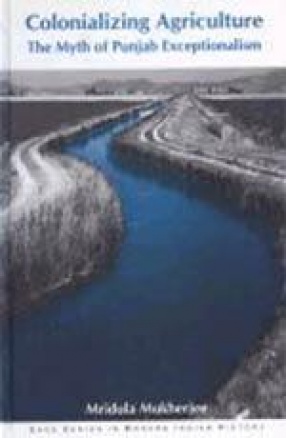
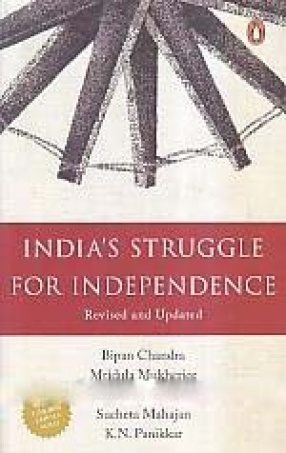
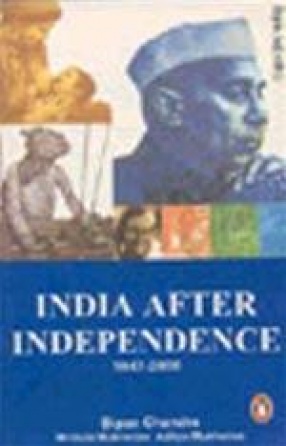
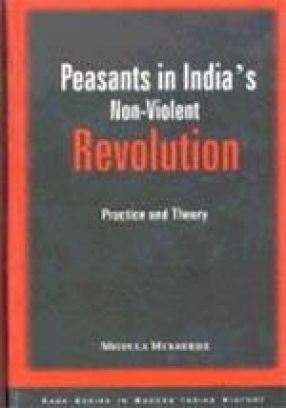

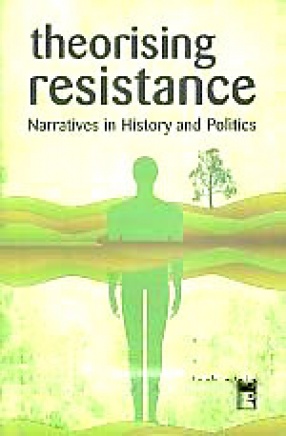

There are no reviews yet.